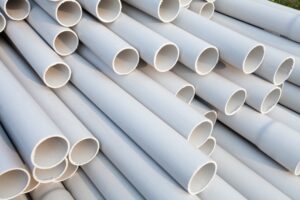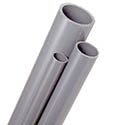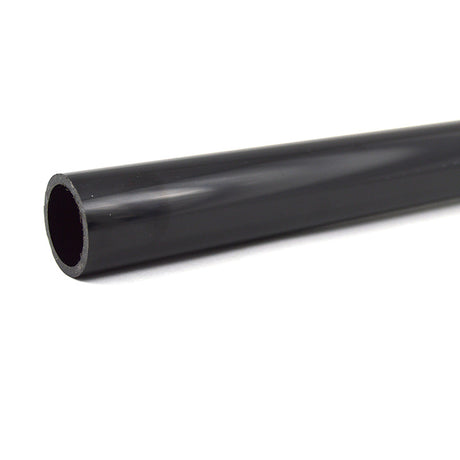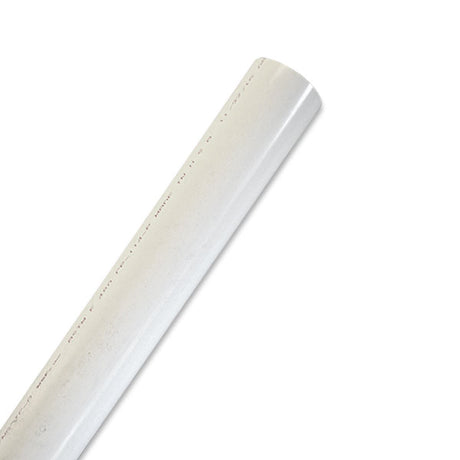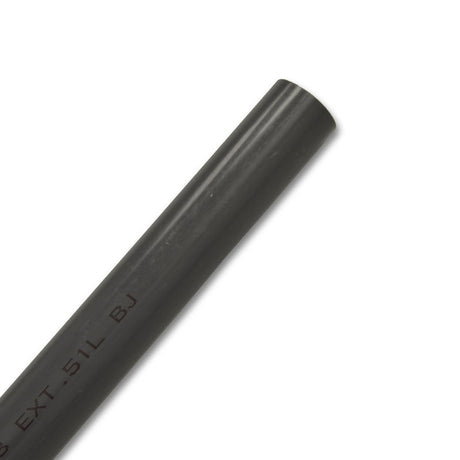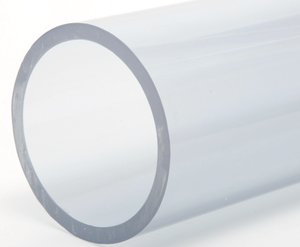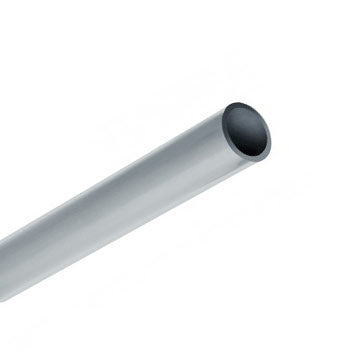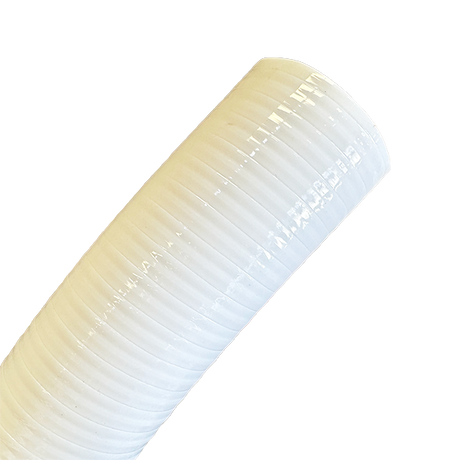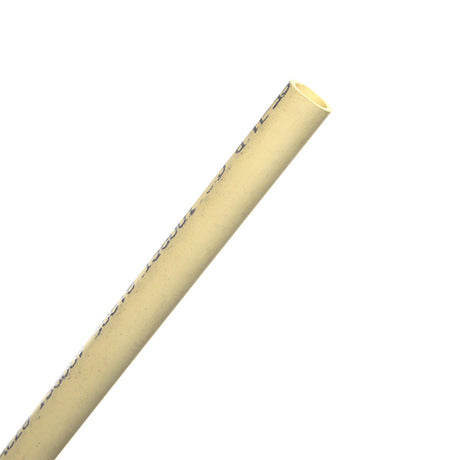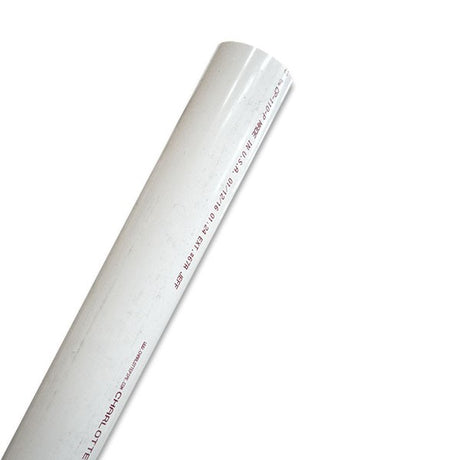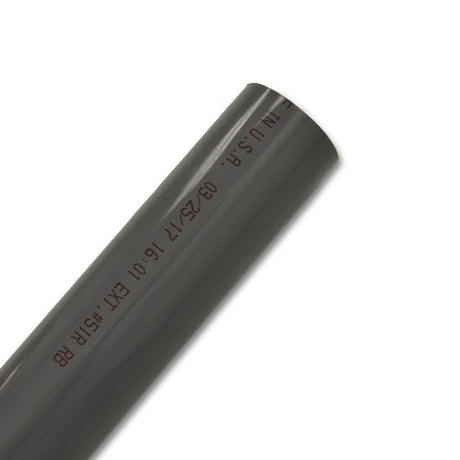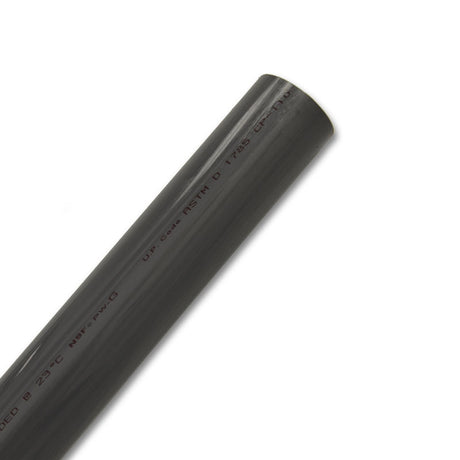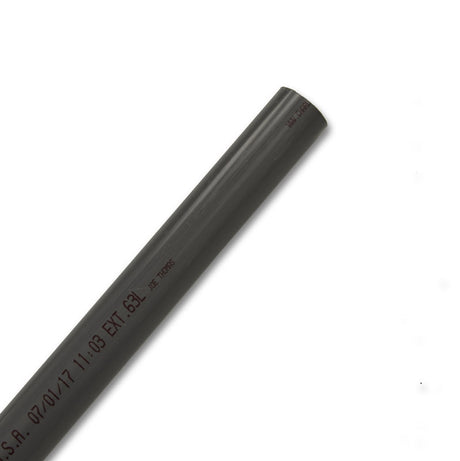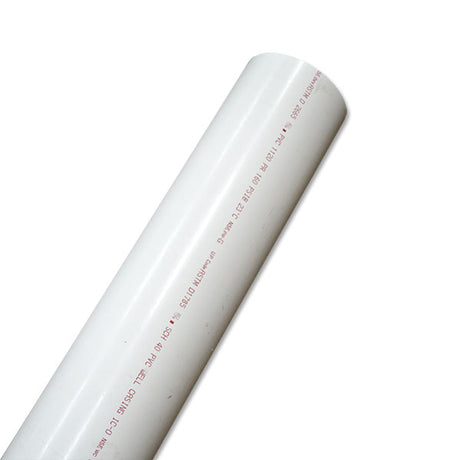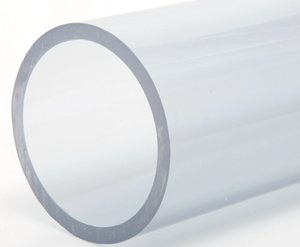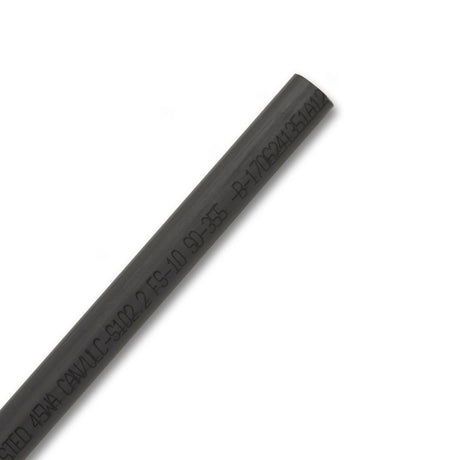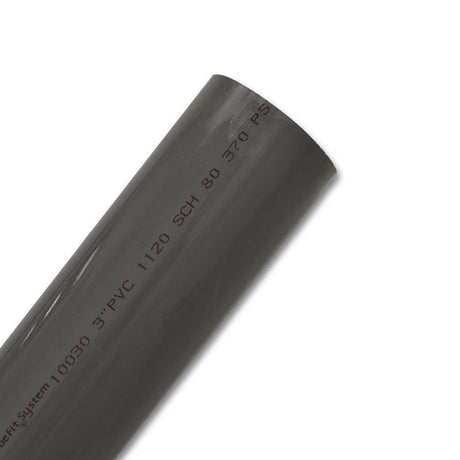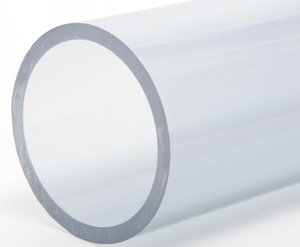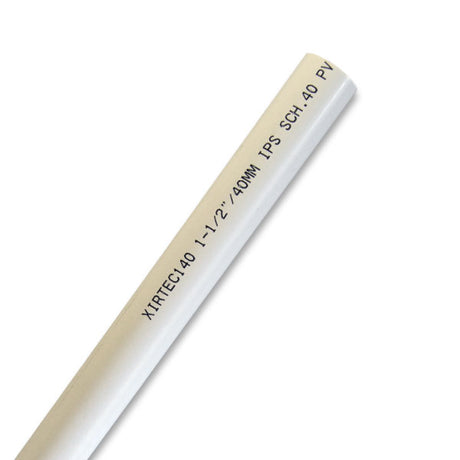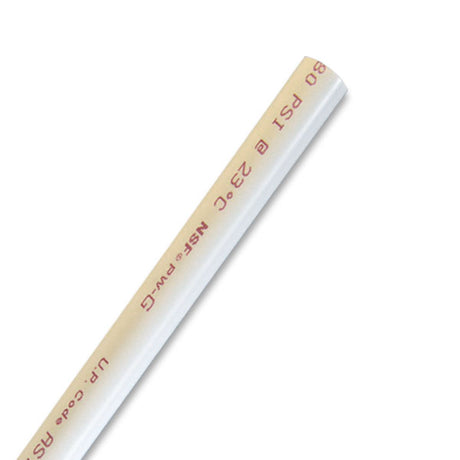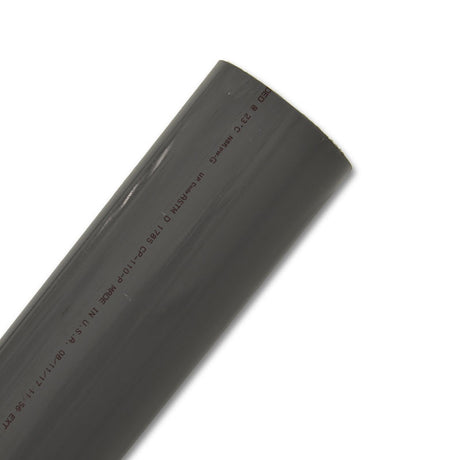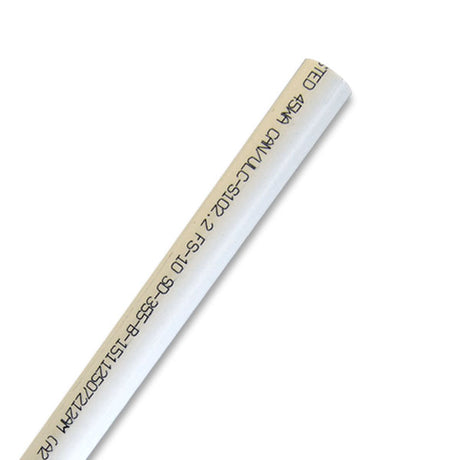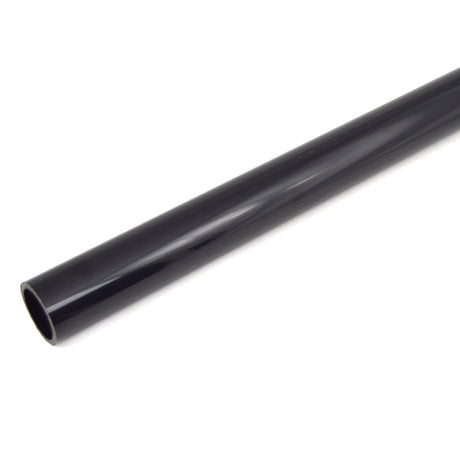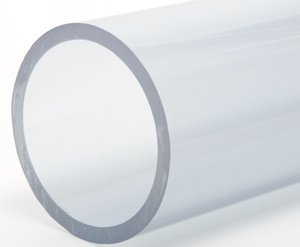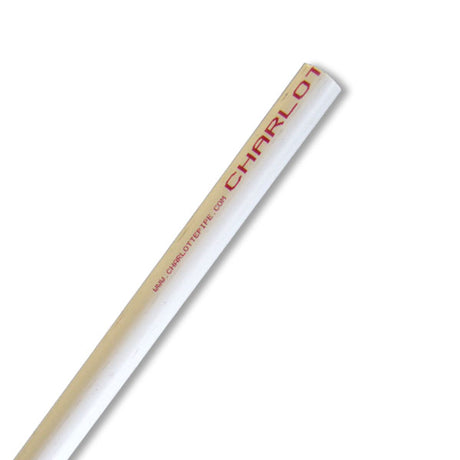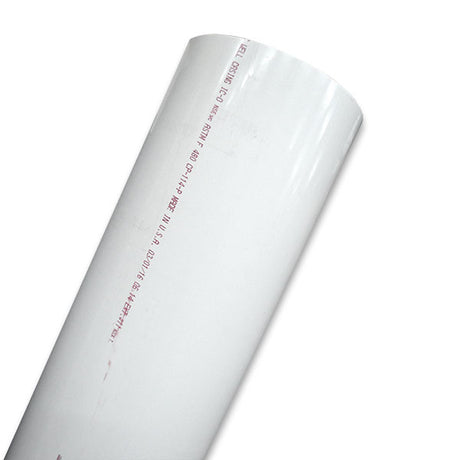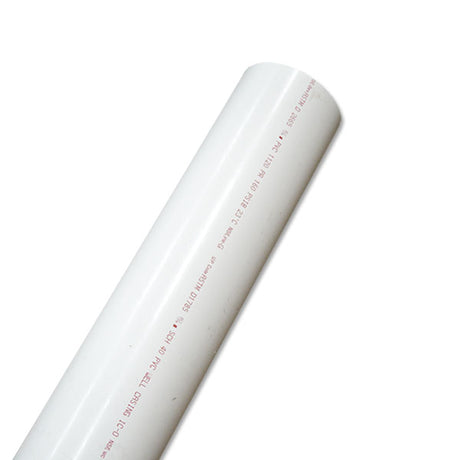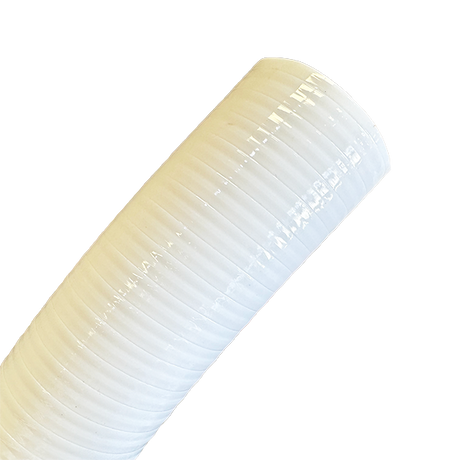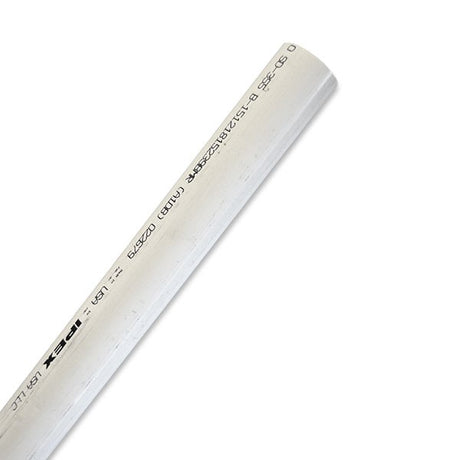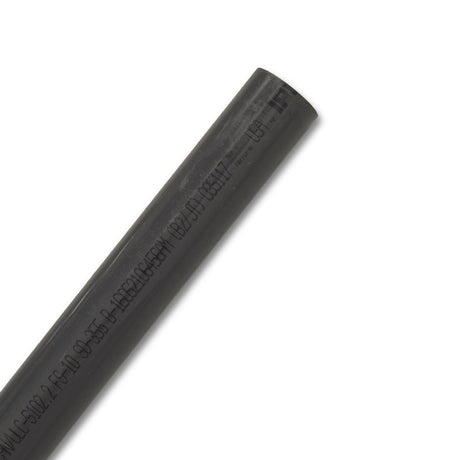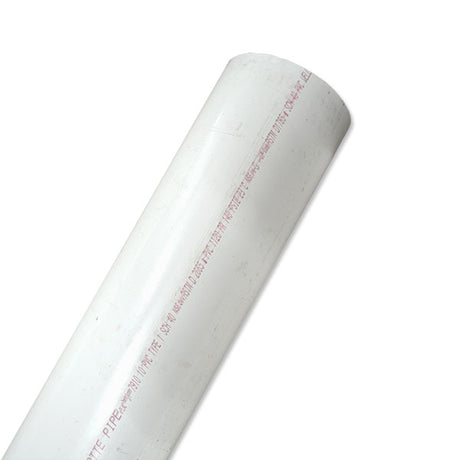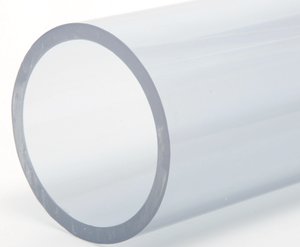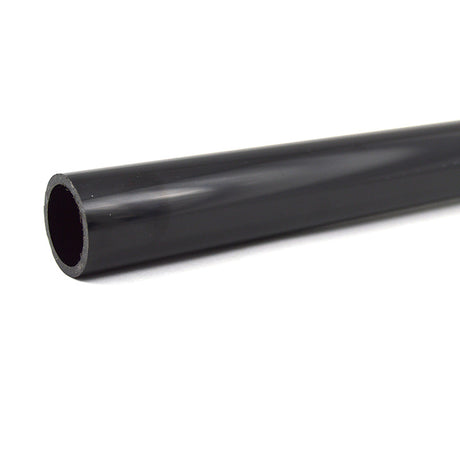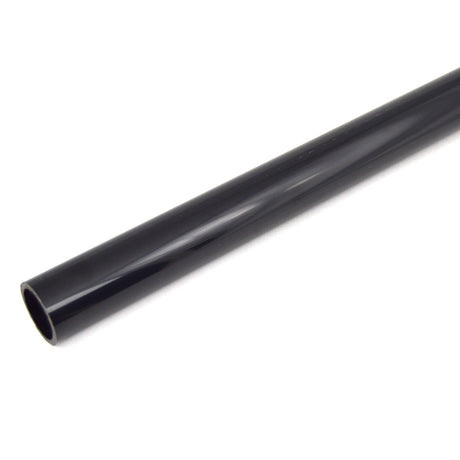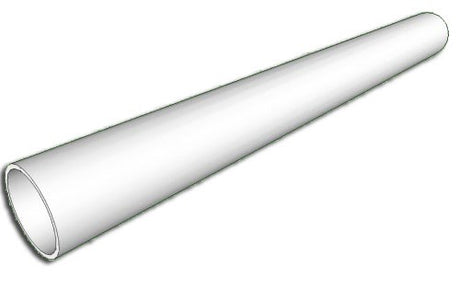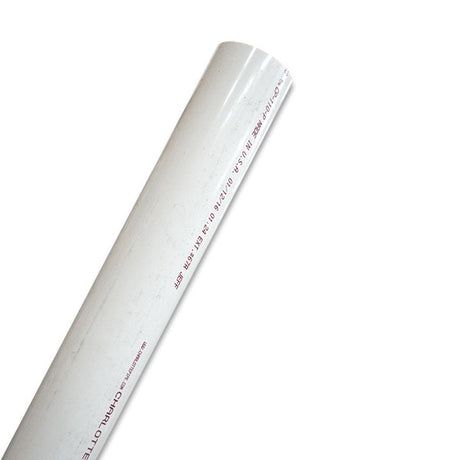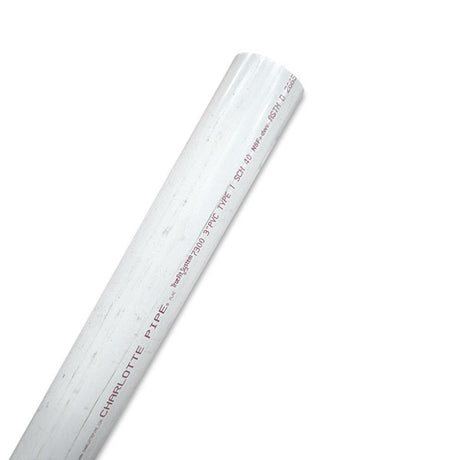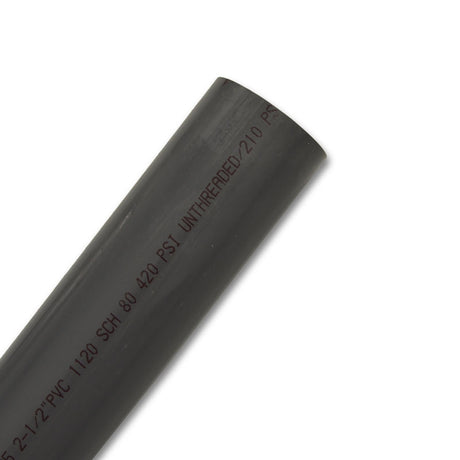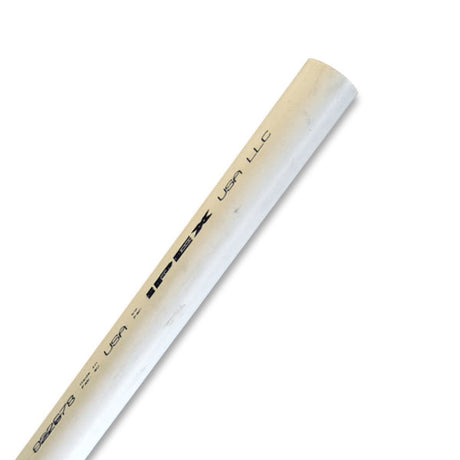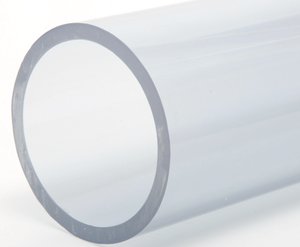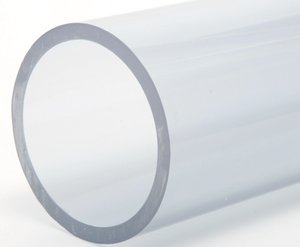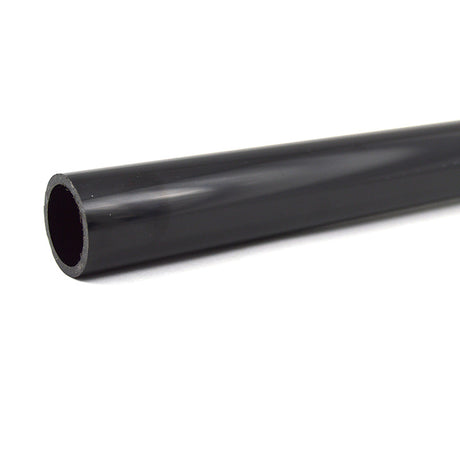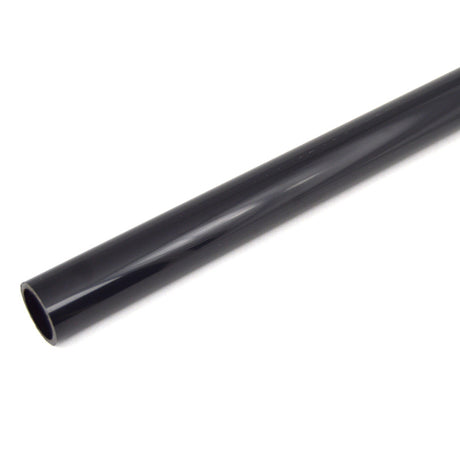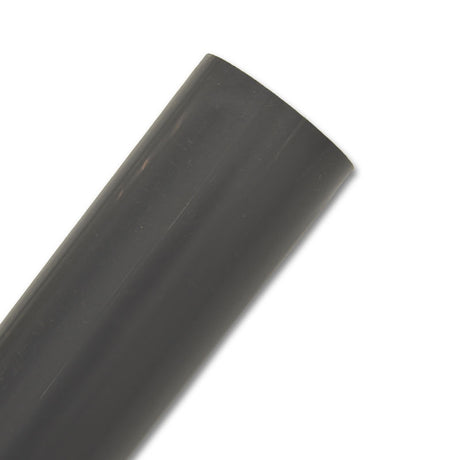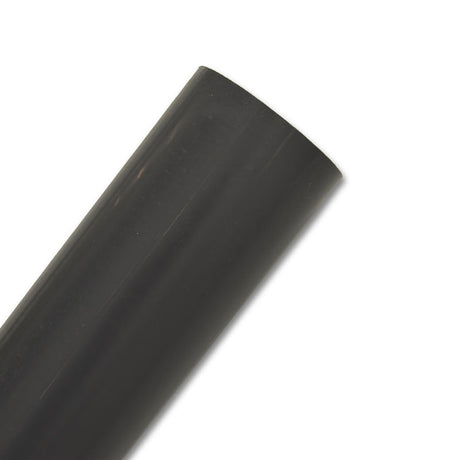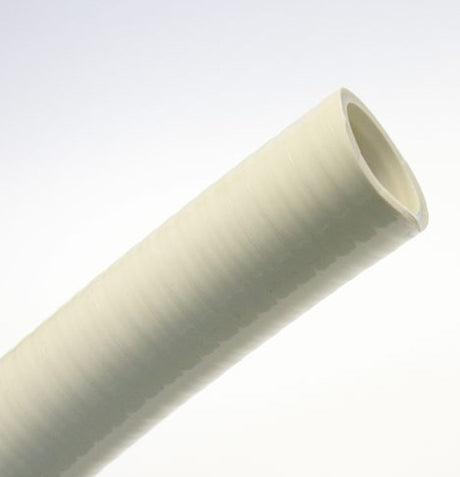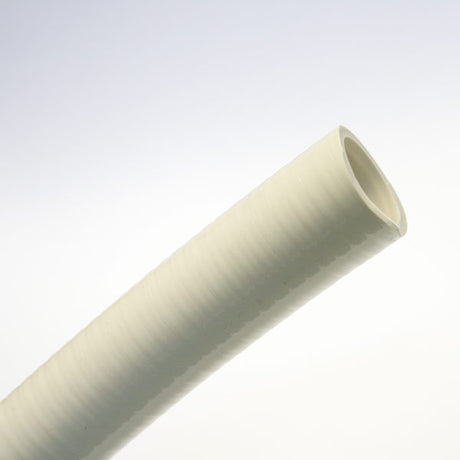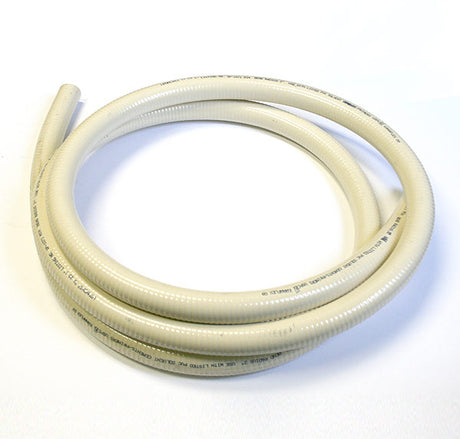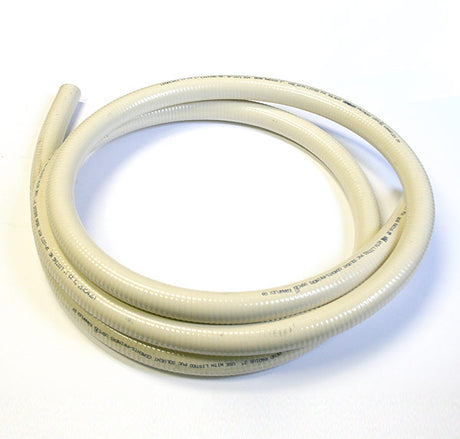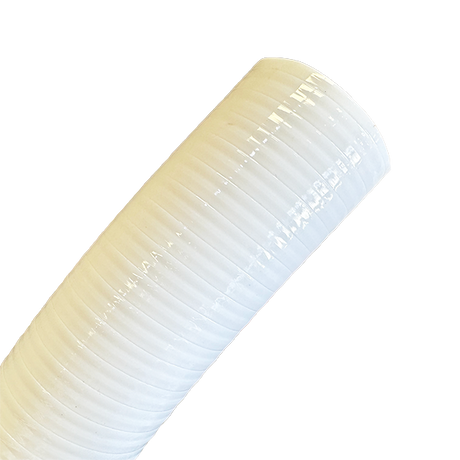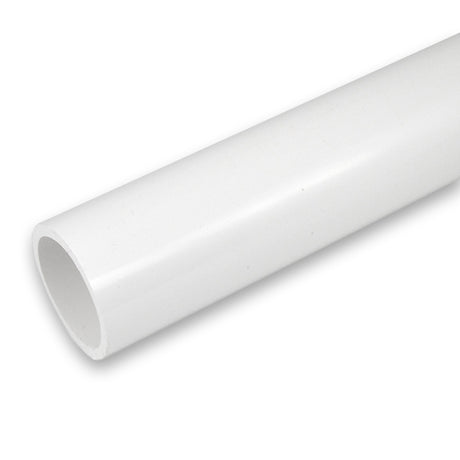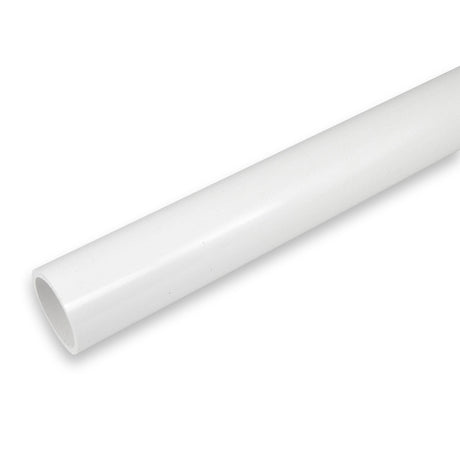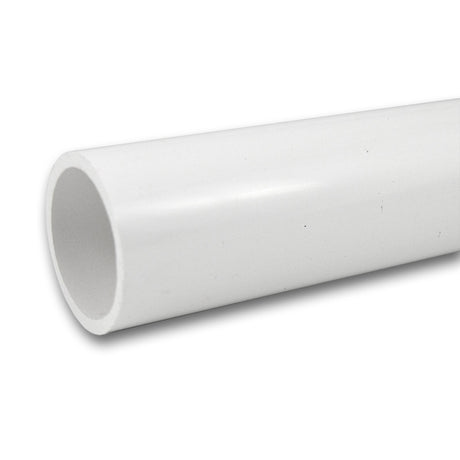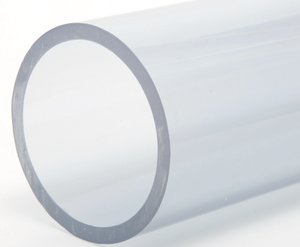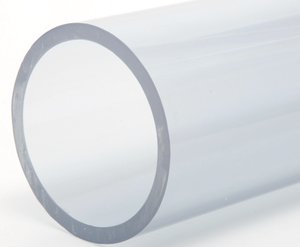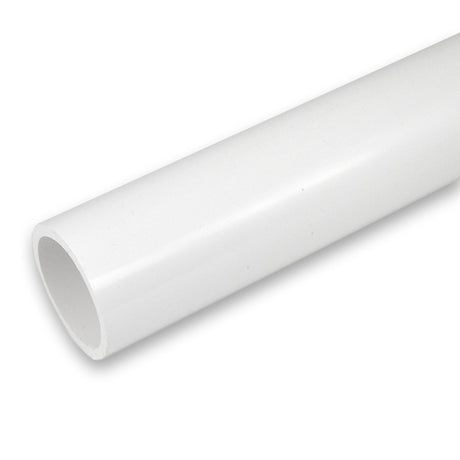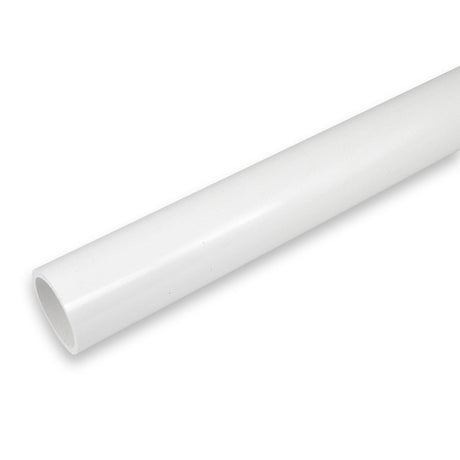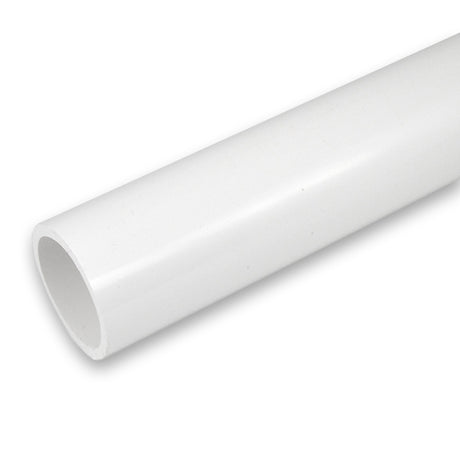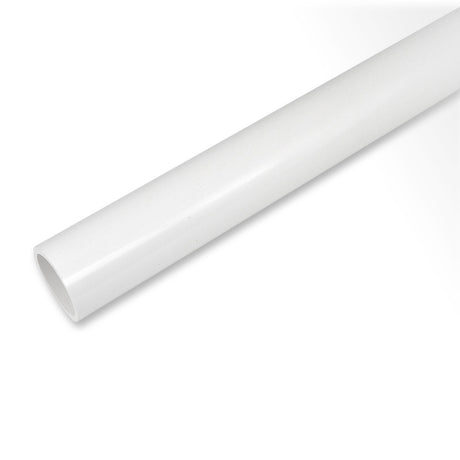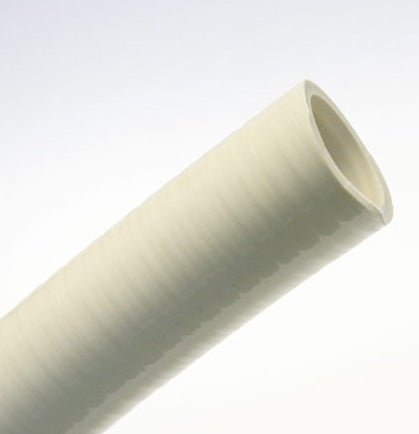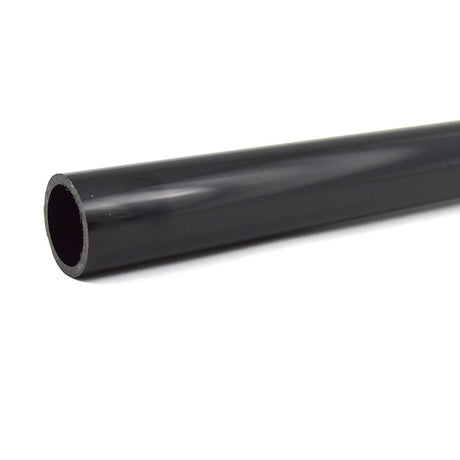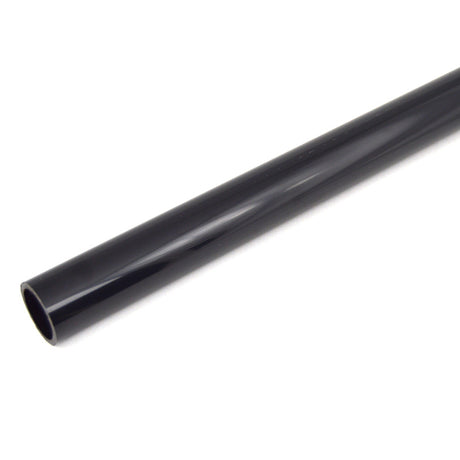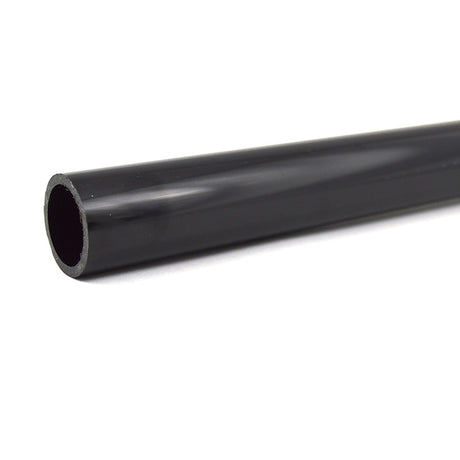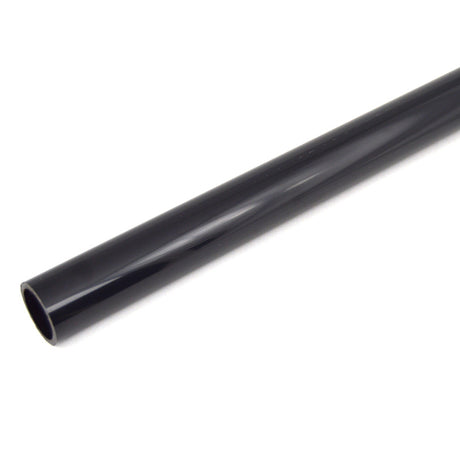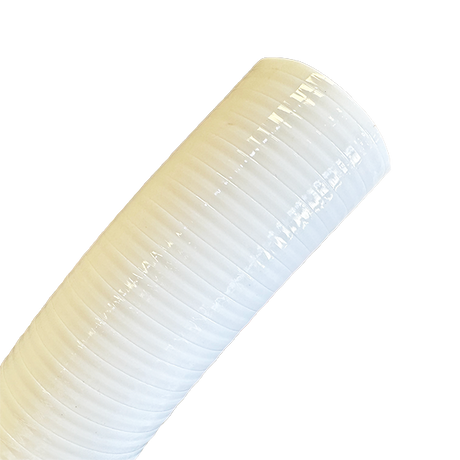-
2-1/2" Schedule 40 White PVC Pipe 4004-025AB - 5ft
$30.30Unit price /Unavailable -
5" Schedule 40 White PVC Pipe 4004-050AB - 5ft
$118.39Unit price /Unavailable -
1" Schedule 80 PVC Pipe 8008-010AB - 5ft
$12.39Unit price /Unavailable -
2" Schedule 80 PVC Pipe 8008-020AB - 5ft
$27.31Unit price /Unavailable -
2" Clear Schedule 40 PVC Pipe - 5 ft.
$73.98Unit price /Unavailable -
1-1/2" Schedule 80 PVC Pipe 8008-015AB - 5ft
$19.21Unit price /Unavailable -
3/4" Schedule 80 PVC Pipe 8008-007AB - 5ft
$8.52Unit price /Unavailable -
8" Schedule 40 White PVC Pipe 4004-080AB - 5ft
$146.60Unit price /Unavailable -
2" Flexible PVC Pipe - 5 ft. Length
$16.70Unit price /Unavailable -
1-1/2" Clear Schedule 40 PVC Pipe - 5 ft.
$54.81Unit price /Unavailable -
1/2" Schedule 80 PVC Pipe 8008-005AB - 5ft
$6.34Unit price /Unavailable -
3" Schedule 80 PVC Pipe 8008-030AB - 5ft
$54.91Unit price /Unavailable -
3/4" Clear Schedule 40 PVC Pipe - 5 ft.
$22.46Unit price /Unavailable -
1-1/2" Schedule 40 White PVC Pipe 4004-015AB - 5ft
$14.60Unit price /Unavailable -
3/4" Schedule 40 White PVC Pipe 4004-007AB - 5ft
$5.90Unit price /Unavailable -
4" Schedule 80 PVC Pipe 8008-040AB - 5ft
$79.04Unit price /Unavailable -
1" Schedule 40 White PVC Pipe 4004-010AB - 5ft
$9.30Unit price /Unavailable -
1" Furniture Grade PVC Pipe - Black - 5ft.
$12.66Unit price /Unavailable -
1" Clear Schedule 40 PVC Pipe - 5 ft.
$33.74Unit price /Unavailable -
1/2" Schedule 40 White PVC Pipe 4004-005AB - 5ft
$5.10Unit price /Unavailable -
12" Schedule 40 White PVC Pipe 4004-120AB - 5ft
$273.20Unit price /Unavailable -
6" Schedule 40 White PVC Pipe 4004-060AB - 5ft
$93.90Unit price /Unavailable -
1-1/2" Flexible PVC Pipe - 5 ft. Length
$13.89Unit price /Unavailable -
2" Schedule 40 White PVC Pipe 4004-020AB - 5ft
$18.40Unit price /Unavailable -
1-1/4" Schedule 80 PVC Pipe 8008-012AB - 5ft
$17.60Unit price /Unavailable -
10" Schedule 40 White PVC Pipe 4004-100AB - 5ft
$200.00Unit price /Unavailable -
1/2" Clear Schedule 40 PVC Pipe - 5 ft.
$16.90Unit price /Unavailable -
1/2" Furniture Grade PVC Pipe - Black - 5ft.
$8.84Unit price /Unavailable -
4" Schedule 40 White PVC Pipe 4004-040AB - 5ft
$49.80Unit price /Unavailable -
3" Schedule 40 White PVC Pipe 4004-030AB - 5ft
$37.10Unit price /Unavailable -
2-1/2" Schedule 80 PVC Pipe 8008-025AB - 5ft
$44.58Unit price /Unavailable -
1-1/4" Schedule 40 White PVC Pipe 4004-012AB - 5ft
$10.11Unit price /Unavailable -
3" Clear Schedule 40 PVC Pipe - 5 ft.
$165.28Unit price /Unavailable -
4" Clear Schedule 40 PVC Pipe - 5 ft.
$246.89Unit price /Unavailable -
1-1/2" Furniture Grade PVC Pipe - Black - 5ft.
$16.82Unit price /Unavailable -
6" Schedule 80 PVC Pipe 8008-060AB - 5ft
$185.00Unit price /Unavailable -
5" Schedule 80 PVC Pipe 8008-050AB - 5ft
$173.62Unit price /Unavailable -
1-1/2" Flexible PVC Pipe - 10 ft. Length
$26.40Unit price /Unavailable -
1" Flexible PVC Pipe - 10 ft. Length
$20.30Unit price /Unavailable -
3/4" Flexible PVC Pipe - 10 ft. Length
$19.00Unit price /Unavailable -
1-1/4" Furniture Grade PVC Pipe - White - 5ft.
$12.47Unit price /Unavailable -
-
3/8" Clear Schedule 40 PVC Pipe - 5 ft.
$12.38Unit price /Unavailable -
1" Furniture Grade PVC Pipe - White - 5ft.
$10.89Unit price /Unavailable -
1-1/2" Furniture Grade PVC Pipe - White - 5ft.
$14.03Unit price /Unavailable -
2" Flexible PVC Pipe - 10 ft. Length
$33.40Unit price /Unavailable -
3/4" Furniture Grade PVC Pipe - Black - 5ft.
$11.23Unit price /Unavailable -
1-1/4" Furniture Grade PVC Pipe - Black - 5ft.
$14.46Unit price /Unavailable -
2" Schedule 80 CPVC Pipe PD-800-020C - 5 ft.
$112.86Unit price /Unavailable -
1" Flexible PVC Pipe - 5 ft. Length
$10.15Unit price /Unavailable

